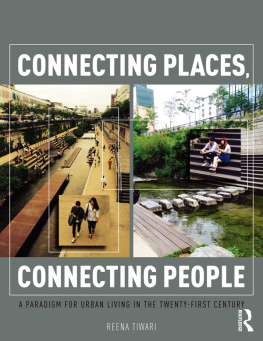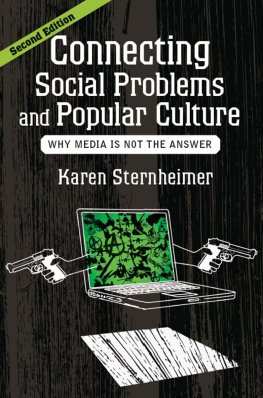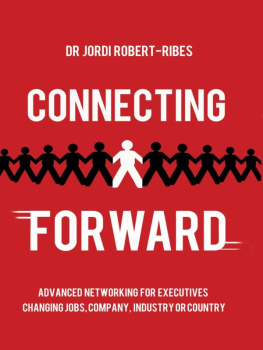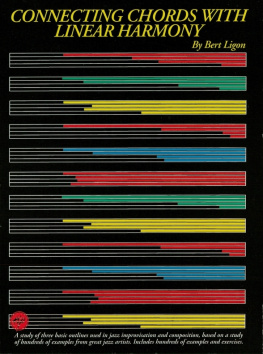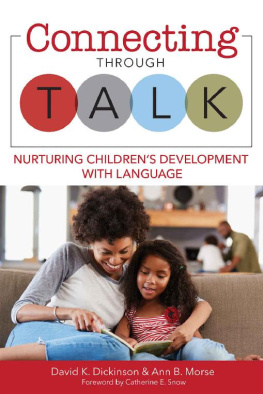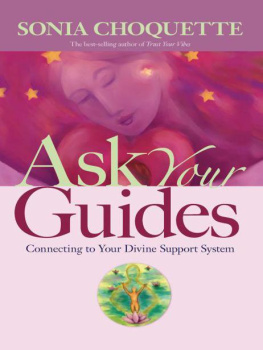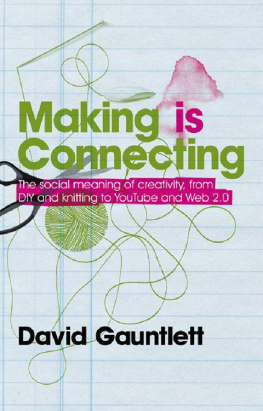
This is a timely and insightful book, which will be of great value to researchers, practitioners and students. It highlights the paradigm shift from car-based to place-based urban planning, and provides a conceptual framing, auditing tools and practical examples of how this transition can be achieved, working closely with local communities.
Peter Jones, OBE, Scientific Co-ordinator, CREATE, Professor of Transport and Sustainable Development and Director, University College London, UK
Reena Tiwaris book is a timely guide for remaking our cities and movement systems into people-oriented places. Connecting Places, Connecting Peopleprovides a multifaceted assessment of transformative implementation strategies drawn from around the globe that make this book a must have for planners everywhere.
GB Arrington, Principal, GB Place Making
Reena Tiwaris Connecting Places, Connecting Peopleis an important contribution to the discourse on how we create sustainable cities in the 21 st century. Her thesis enables a paradigm shift in popular urban planning principles by prioritizing people over vehicles to recreate more livable, sustainable cities. The practical audit tool she has developed is rooted in a wealth of good practice from around the globe, and provides a final positive outlook on the future of the city by 2050.
Holger Dalkmann, Director, Strategy and Global Policy; EMBARQ Director, WRI Ross Center for Sustainable Cities, World Resources Institute
CONNECTING PLACES, CONNECTING PEOPLE
What is a better community? How can we reconfigure places and transport networks to create environmentally friendly, economically sound, and socially just communities? How can we meet the challenges of growing pollution, depleting fossil fuels, rising gasoline prices, traffic congestion, traffic fatalities, increased prevalence of obesity, and lack of social inclusion?
The era of car-based planning has led to the disconnection of people and place in developed countries, and is rapidly doing so in the developing countries of the Global South. The unfolding mega-trend in technological innovation, while adding new patterns of future living and mobility in the cities, will question the relevance of face-to-face connections. What will be the glue that holds communities together in the future?
To build better communities and to build better cities, we need to reconnect people and places. Connecting Places, Connecting Peopleoffers a new paradigm for place making by reordering urban planning principles from prioritizing movement of vehicles to focusing on places and the people who live in them. Numerous case studies, including many from developing countries in the Global South, illustrate how this can be realized or fallen short of in practical terms. Importantly, citizens need to be engaged in policy development, to connect with each other and with government agencies. To measure the connectivity attributes of places and the success of strategies to meet the needs, an Audit Tool is offered for a continual quantitative and qualitative evaluation.
Reena Tiwariis a professor of Built Environment at Curtin University, Australia. She has published extensively on space psychology and place making; urban ethnography and community engagement; sustainable transport and urbanism. Fundamental to her work on urban transport and place making is the philosophy of democratic urbanism and a model of enquiry that is ethnographic, collaborative, and trans-disciplinary, and has the goal of facilitating change and adaptation for all involved in the process.
CONNECTING PLACES, CONNECTING PEOPLE
A PARADIGM FOR URBAN LIVING IN THE TWENTY-FIRST CENTURY
REENA TIWARI

First published 2018
by Routledge
711 Third Avenue, New York, NY 10017
and by Routledge
2 Park Square, Milton Park, Abingdon, Oxon, OX14 4RN
Routledge is an imprint of the Taylor & Francis Group, an informa business
2018 Taylor & Francis
The right of Reena Tiwari to be identified as author of this work has been asserted by her in accordance with sections 77 and 78 of the Copyright, Designs and Patents Act 1988.
All rights reserved. No part of this book may be reprinted or reproduced or utilized in any form or by any electronic, mechanical, or other means, now known or hereafter invented, including photocopying and recording, or in any information storage or retrieval system, without permission in writing from the publishers.
Trademark notice: Product or corporate names may be trademarks or registered trademarks, and are used only for identification and explanation without intent to infringe.
Library of Congress Cataloging-in-Publication Data
Names: Tiwari, Reena, 1964- author.Title: Connecting places, connecting people : a paradigm for urban living in the 21st century / Reena Tiwari.
Next page
